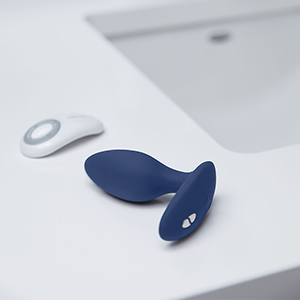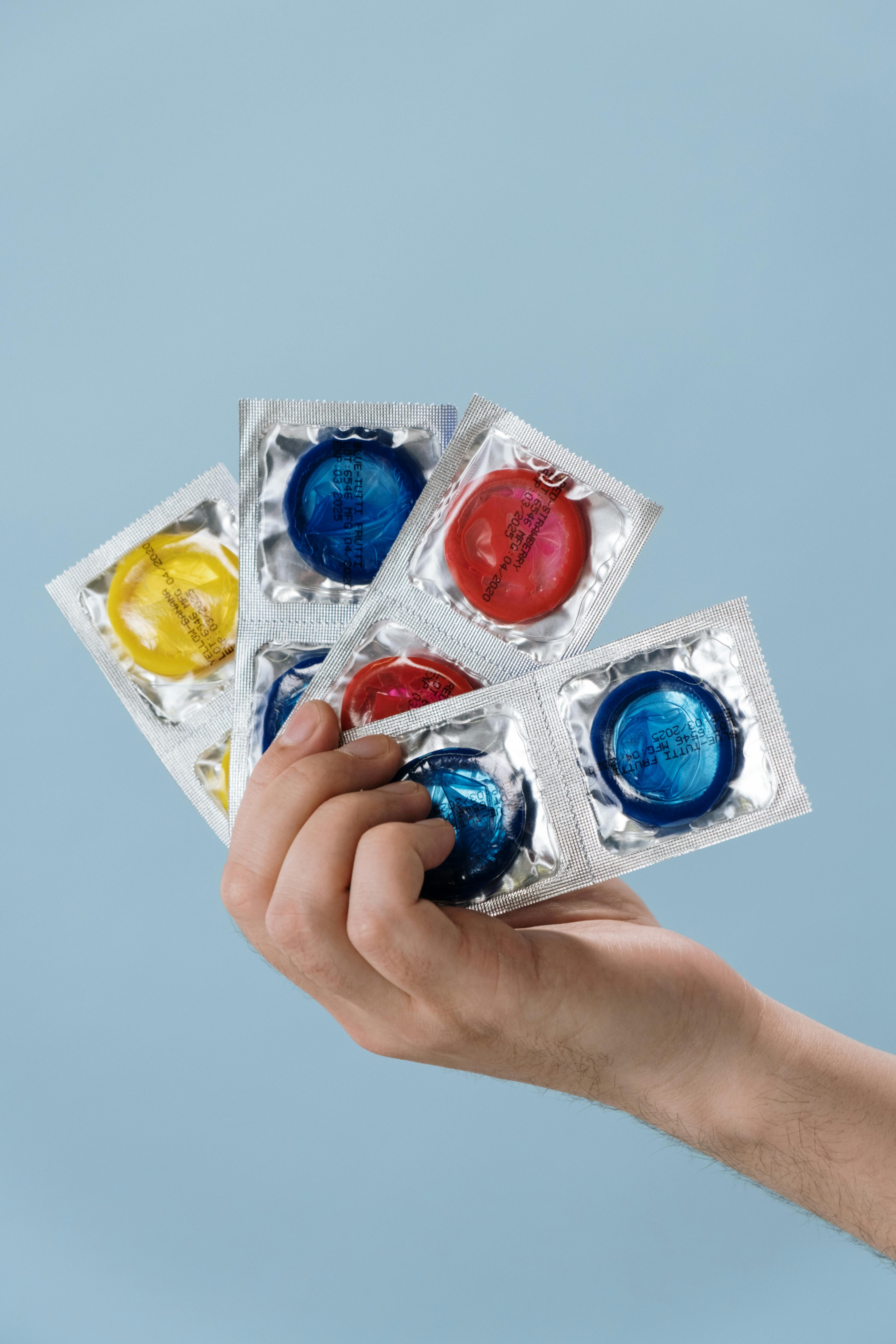Supporting Self-Esteem and Body Confidence in Your Partner
The Emotional Toll on Relationships
The emotional side effects of low libido often hit both partners. The man may feel embarrassed, ashamed, or “less of a man,” while the partner may feel unwanted or unattractive.
What It Might Look Like
-
Confusing silence instead of clear communication
-
Increased arguments or distance
-
Partner assuming they're to blame
Recognizing that these responses are normal—and reversible—can go a long way in maintaining emotional closeness.
What Partners Need to Know First
Before taking action, understand this: your partner’s low libido isn’t about you. It’s a side effect, not a rejection.
Key Mindsets to Embrace
-
Empathy first: Think of how you'd want to be supported with a medical issue.
-
No blame: Avoid phrases like “Why don’t you want me anymore?”
-
Openness: You can be honest without being hurtful or demanding.
Addressing Common Myths About Male Libido and Masculinity
Low libido doesn’t make a man less masculine. But society’s messages can make him feel that way.
How to Deconstruct the Myths Together
-
Talk about how manhood ≠ sexual performance.
-
Reinforce his worth in other areas—his humor, kindness, intelligence.
-
Acknowledge the pressure men feel and give him room to be vulnerable.
Creating that space can lead to deeper trust and intimacy.
Men, like women, can struggle with body image and self-worth—especially when libido drops.
Ways to Affirm Your Partner
-
Compliment his appearance and character regularly.
-
Initiate touch and affection to show desire.
-
Encourage healthy habits without judgment.
When he feels loved and seen, his confidence—and libido—can gradually return.
Building Intimacy Beyond Sex
Sex is important—but it’s not the only way to feel close.
Alternative Ways to Bond
-
Non-sexual touch: cuddling, holding hands, back rubs
-
Shared laughter: comedy shows, silly games, inside jokes
-
Daily rituals: morning coffee together, a walk after dinner
These habits reinforce emotional connection, often reigniting sexual attraction over time.
Communicating Needs Without Pressure
You have needs too—and it’s okay to express them. The goal is to speak honestly without making your partner feel guilty.
Healthy Communication Phrases
-
“I miss our closeness—how can we reconnect in a way that feels good for both of us?”
-
“I understand this is hard. What can I do to support you?”
-
“Is there something new we could try together?”
Mutual understanding builds bridges instead of walls.
Starting the Conversation with Compassion
Talking about sex is hard. Talking about lack of sex? Even harder. But it’s necessary.
How to Approach It
-
Choose a relaxed, private moment—not after an argument or failed attempt.
-
Use “I” statements: “I’ve noticed we haven’t been as close lately, and I miss you.”
-
Ask, don’t accuse: “Do you think the medication might be affecting things?”
Validation and gentle curiosity go a long way.
Lifestyle Changes That Can Help Both Partners
Sometimes, the best approach isn't just medical—it's holistic. Lifestyle habits affect libido more than people think, and making changes together can benefit both partners.
Healthy Habits That Boost Libido Naturally
-
Regular Exercise: Boosts circulation increases testosterone, reduces stress—all vital for libido.
-
Balanced Diet: Foods rich in zinc, magnesium, and healthy fats (like avocados, nuts, and leafy greens) support sexual health.
-
Quit Smoking and Limit Alcohol: Both can reduce blood flow and testosterone.
-
Better Sleep: Poor sleep disrupts hormone production and affects mood and energy.
Realistic Expectations and Long-Term Mindset
Recovery doesn’t usually happen overnight. It’s a journey. Setting realistic expectations will keep hope alive without added pressure.
What That Looks Like
-
Celebrate progress—however small.
-
Prioritize emotional intimacy even when sexual activity isn’t on the table.
-
Remember this phase is not forever. Many couples come out stronger on the other side.
Exploring Natural Supplements (With Caution)
You might be tempted to look for herbal fixes, and some do help—but tread carefully. Many over the counter “libido boosters” aren’t FDA-approved and can interfere with medications.
Safer Options (With Doctor Approval)
-
L-arginine: Improves blood flow.
-
Ginseng: Can increase arousal in some people.
-
Maca root: May enhance libido and mood.
Always check with a doctor before introducing supplements, especially if your partner is on heart or blood pressure meds.
Practical Tips for Partners to Help
Here’s what you can do instead of waiting for things to “fix themselves”:
-
Be affectionate—without expectations.
-
Try new forms of intimacy—like sensual massage or mutual relaxation.
-
Laugh together—shared joy builds closeness.
-
Spend quality time—go on dates, walks, or cook together.
These create bonding without pressure, which in turn can reignite intimacy naturally.
Signs It’s More Than Just Medication
Sometimes, libido issues aren’t only caused by medication. Be on the lookout for deeper physical or emotional problems.
Red Flags
-
Loss of libido even after switching medications
-
Signs of depression (sadness, withdrawal, irritability)
-
Chronic fatigue or pain
In these cases, a full medical and psychological evaluation is key.
When to Consider Therapy or Counseling
If the issue persists or causes serious emotional distress, therapy is a wise next step. Don’t wait for it to become a relationship crisis.
Options to Explore
-
Sex Therapy: Helps unpack emotional and physiological causes of libido issues.
-
Couples Counseling: Provides a safe space to talk and strategize.
-
Individual Counseling: Men may need support to deal with shame, depression, or anxiety around performance.
Even just a few sessions can make a huge difference. There are many medications that can cause ED and should not be ignored. Consult with your Doctor to see if medications can be adjusted and monitored to help with ED.






Deja un comentario